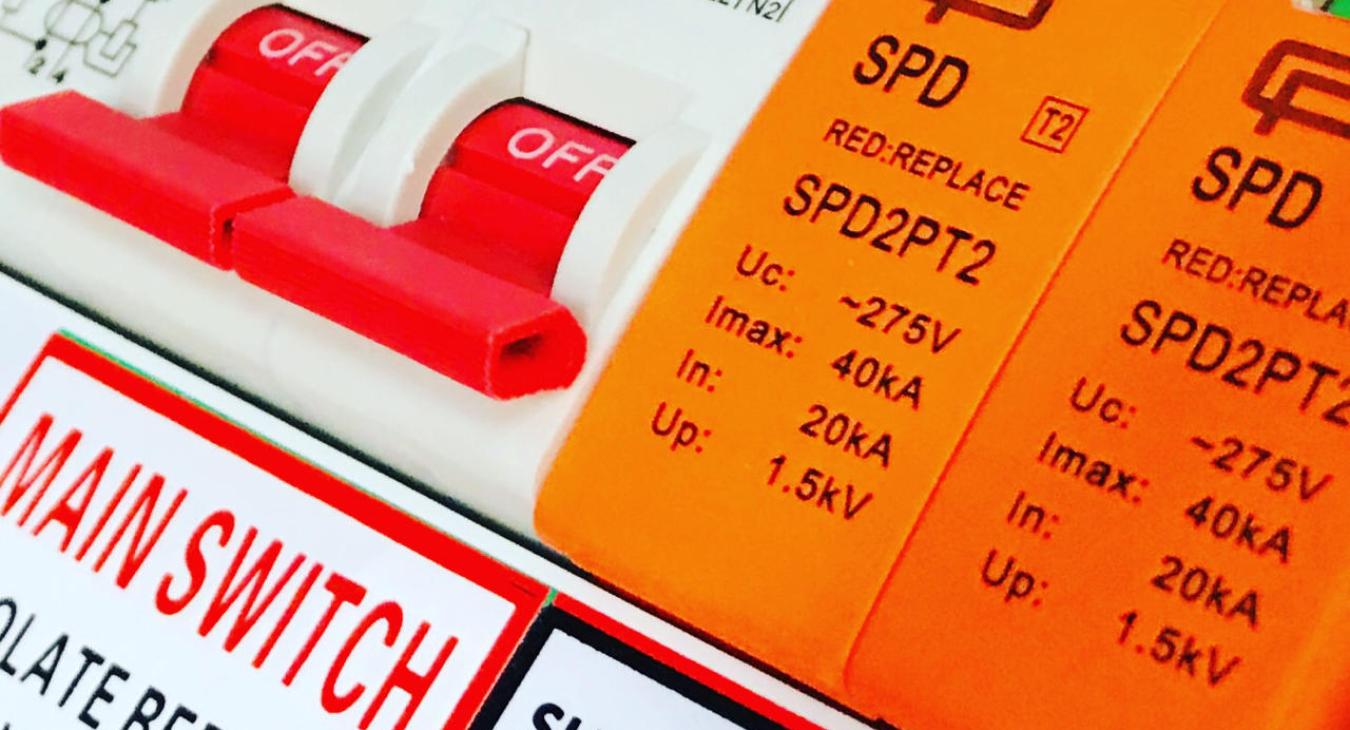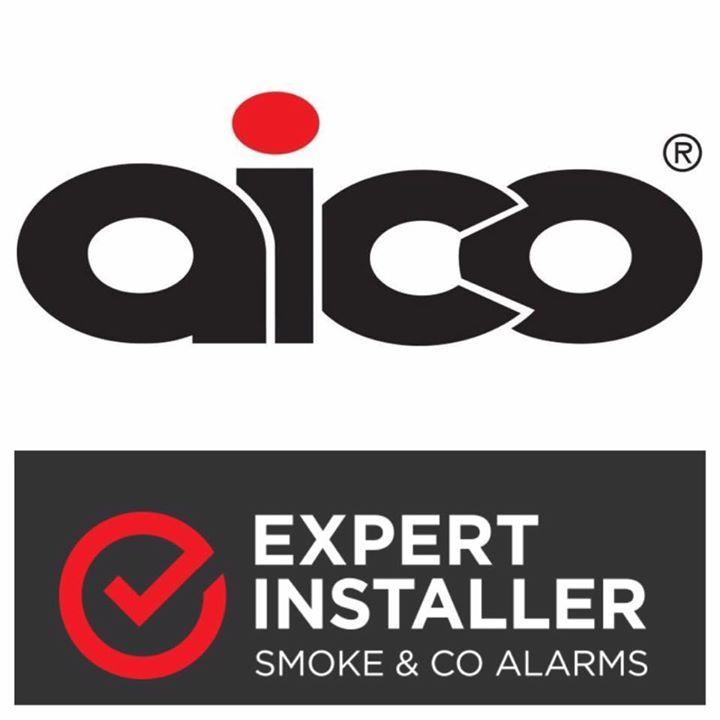The last significant change on protection for domestic clients, that the 18th edition brought is the use of Surge Protection Devices or SPDs.
In a way, a lot of us already using them to protect our electronics at home. Extension leads with surge protection are around for quite some time now and you can find them mostly behind a computer or home entertainment systems (gaming consoles, TVs etc).
The job of an SPD is to protect a certain piece of equipment from overloads. Two of the most commons reasons such an overload may occur is either from a fault to the substation that sends electricity to your home or by a lighting strike near by.
Now we all know that in Medway and North Kent this is not a big issue but when the people at IET sit down to see how your safety can be upgraded they have to look at this on a national lavel.
So, according to regulation 443.4 of BS 7671
Protection against transient overvoltages shall be provided where the consequence caused by overvoltage could:
-
Result in serious injury to, or loss of, human life, or
-
Result in interruption of public services and/or damage to cultural heritage or
-
Result in interruption of commercial or industrial activity, or
-
Affect a large number of co-located individuals
For all other cases, a risk assessment according to Regulation 443.5 shall be performed in order to determine if protection against transient overvoltages is required.
SPDs are NOT only for commercial or industrial installations!
Regulation 443.4 of BS 7671:2018 states: If the risk assessment is not performed, the electrical installation shall be provided with protection against transient overvoltages, except for single dwelling units where the total value of the installation and equipment therein does not justify such protection
I know that electrical regulations may be a little confusing and with a lot of jargon. What the above paragraph wants to say is that every new installation should have an SPD fitted in the fusebox unless there is a risk assessment is in place or the cost of the equipment in your home is lower than the cost of an SPD.
Here the thing, the additional cost of an SPD for a domestic installation, depending the brand, can be between £45-£100 and because most manufacturers now sell their fuseboxes with one pre-fitted and wired already there in no additional labour costs on this. I want to believe that even your cheapest device costs more that £100, and the cost of a risk assessment will cost even more money. For those two reasons, all good and reliable electricians fit them by default anyway.
A quick Google search will show what can happen to your property if things go wrong and no Surge Protection is provided.
I will close with a word of caution, I have seen on certain electrician's online forums other electricians looking to present waivers that their clients can sign so they can omit the installation of an SPD, because their clients didn't want to take the extra cost. The big issue with this that, there is no such thing as a waiver when it come to law. It's going to the coffee shop and the barista tell you, ''your coffee will cost £2.40 but if you sign this waiver you can get it for £1.50 in a cup that has never been washed in the last 2 years''.
So, if your ''electrician'' presents you with any kind of a waiver to omit the installation of an SPD be assure that this person hasn't got a clue how to do his/her job properly and you shouldn't do business with them. Of course if something goes wrong because of this omission a court case will be against the person who installed it and not the client (unless you are a landlord, then you have a duty of care to ensure all work are done the right way) but you would you trust yours and your family's safety to someone that don't work according to the latest safety standards?





